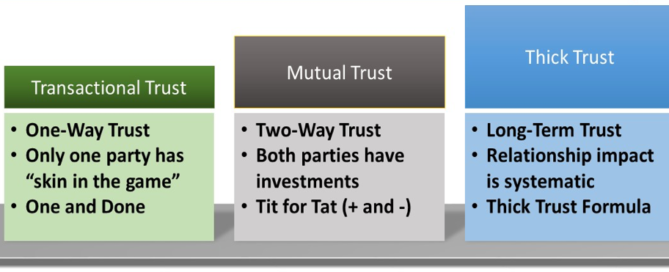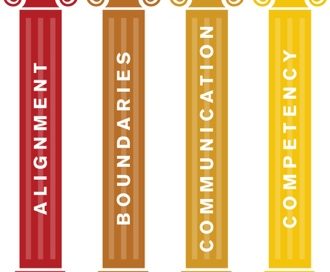Every Professional Starts Somewhere: Choosing Your Practice Bedrock
I attribute my 50+ years of success to my choice of a remarkable foundation. Look thoughtfully and carefully for the bedrock of your practice. That choice can serve you well for your own half-century in the business.









